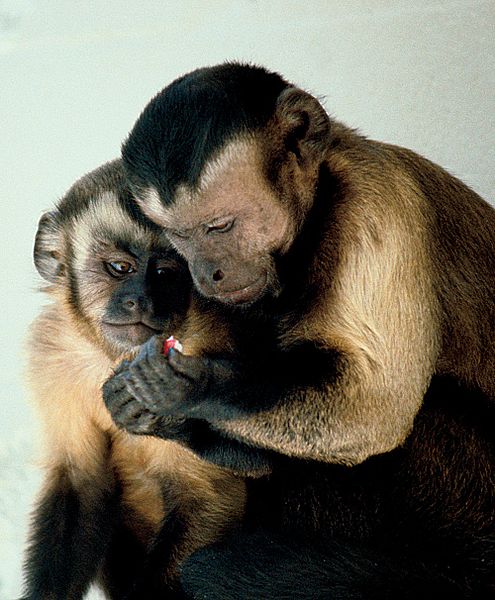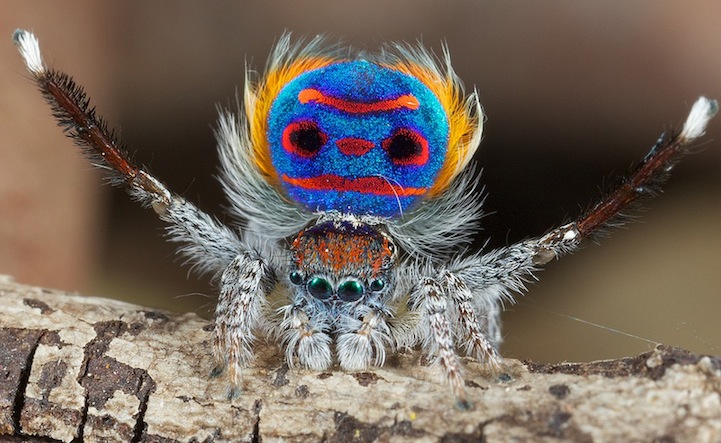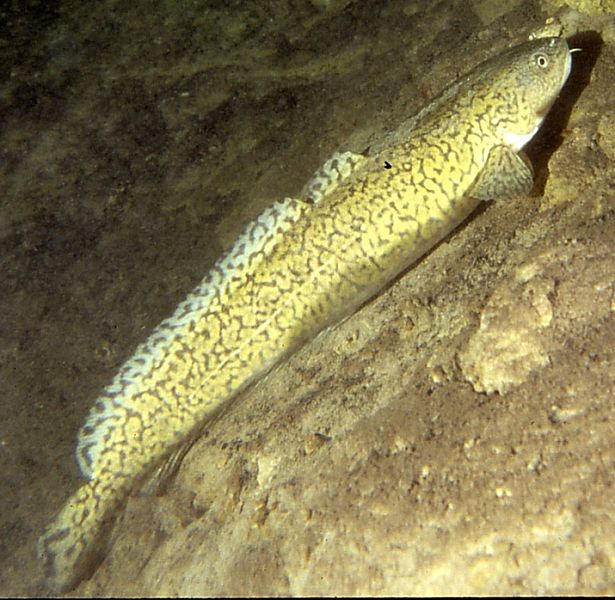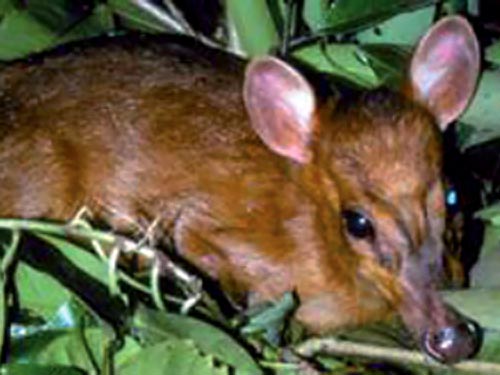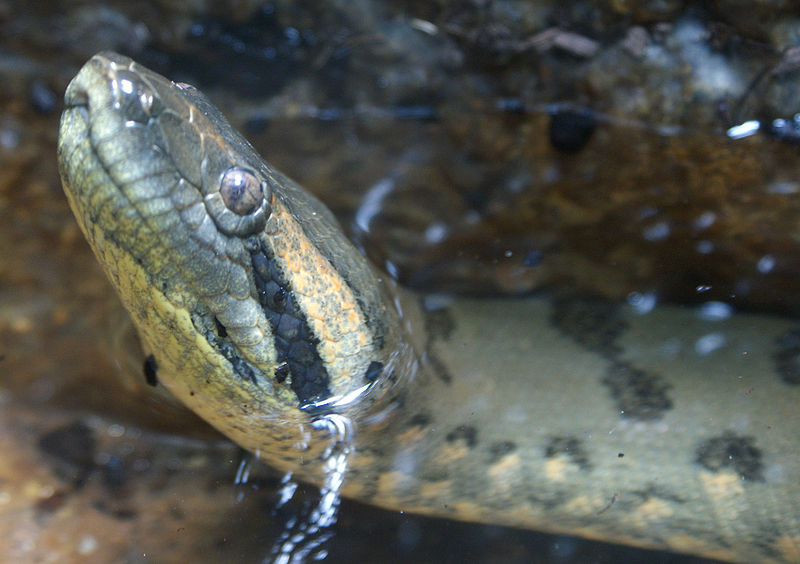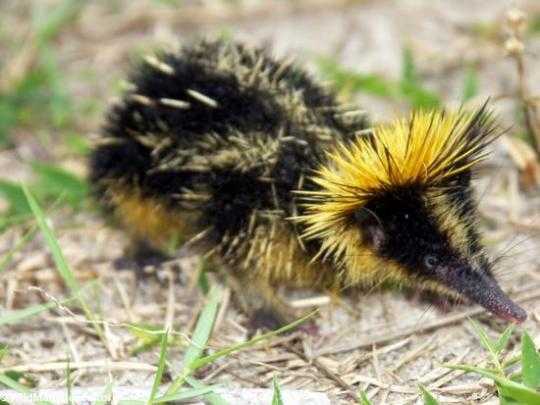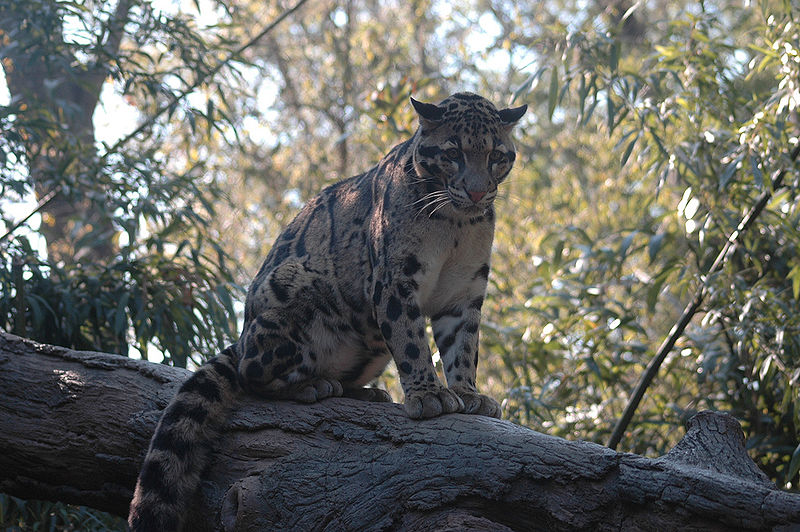
I was thinking that it has been awhile since we talked about a really cool predator. Okay, so the Mink is a cool carnivore but they don’t come to mind when I think of a predator. What does come to mind though are things like sharks, bears and leopards. Well today, we are going to look an amazing leopard called the Clouded Leopard. This particular cat hangs out in the extremely thick tropical forests of Southeast Asia. For the record, there are two main species of Clouded Leopard. The first can be found in the forests of China, Mynamar and Nepal while the second is typically found on the islands surrounding Borneo. So pick your travel destination and lets get this Wild Fact started.
The Clouded Leopard has a few unique qualities going for them. First they have extremely large teeth. In fact they have some of the largest teeth for the smaller felines. Believe it or not this small cats teeth can grow to about 2 inches long, which is equivalent to that of a slightly larger cat, the Tiger. Naturally, these large teeth are put to good use since the Clouded Leopard is a carnivore that uses their treed surroundings to their advantage for hunting.
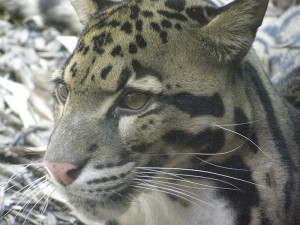
Although, this particular Leopard is one of the best climbing cats out there, they actually do most of their hunting on the ground. Now I know I said they use the trees to help them hunt and this is true. They will normally climb up and be on the lookout for the unsuspecting victims down below. From their tree-top perch they are looking for animals such as monkeys, birds and deer. If the forest isn’t working for them, the Clouded Leopard may take a road trip to a local farmland and steal some pigs, goats or cattle. I guess it is always a good idea to have a backup supermarket in case your favourite one doesn’t have any food one day.
Clouded Leopard Fast Fact – We haven’t been able to figure out what the exact population is for the Clouded Leopard, but it is believed they are becoming threatened or endangered. As usual it is hunting and habitat loss that is causing this potential decline.
Thanks for stopping by to read about one cool cat. Make sure you tune in tomorrow for an equally cool Wild Fact.

